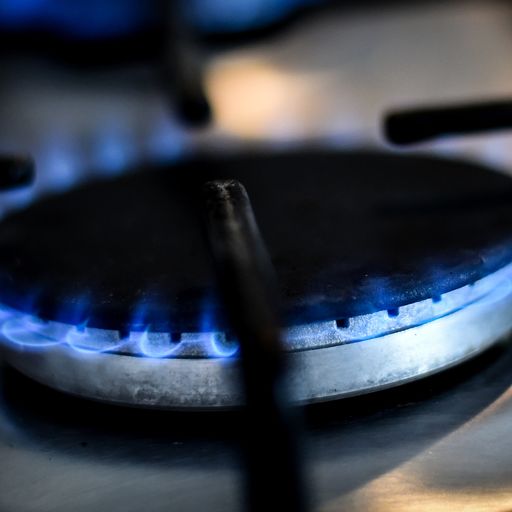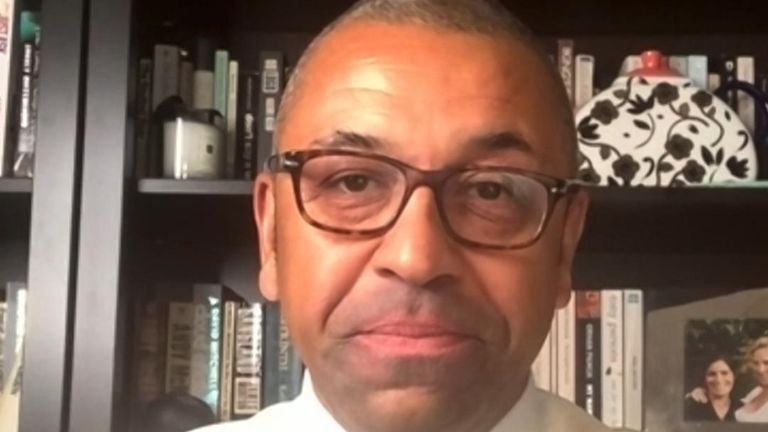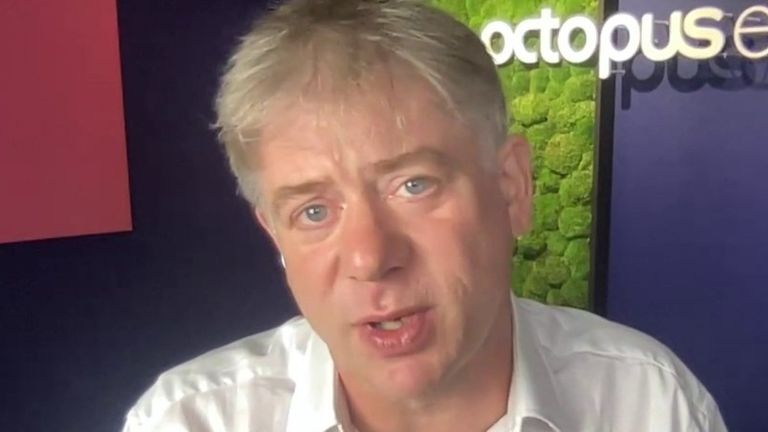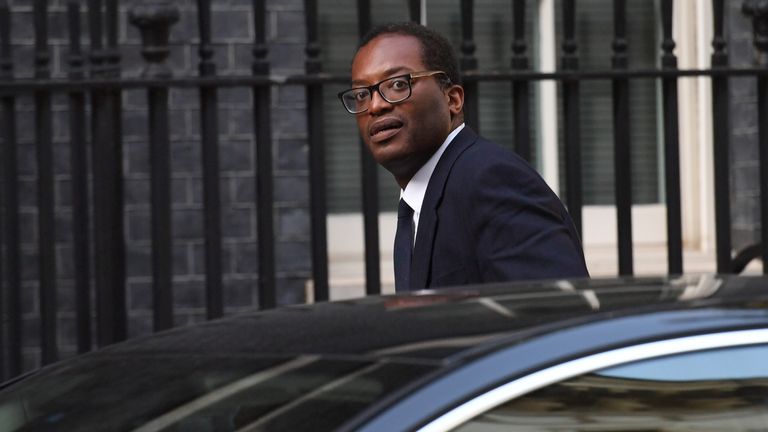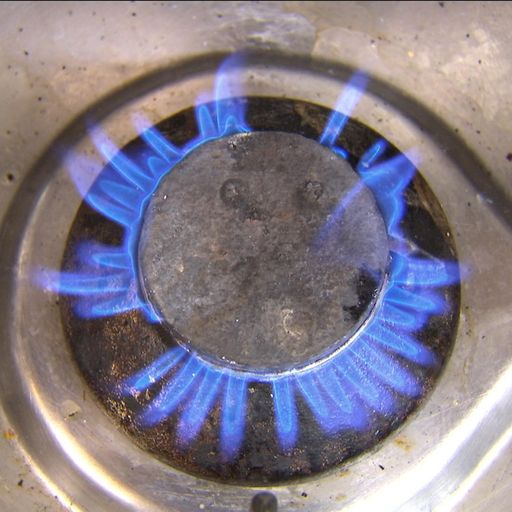Energy industry to hold crisis talks with government as supplier Bulb seeks bailout amid gas price hike
Business Secretary Kwasi Kwarteng will hold crisis talks with the energy industry and its regulator Ofgem later today, amid fears for struggling suppliers and spiralling fuel bills.
It comes as UK energy company Bulb is seeking a bailout to stay afloat amid surging wholesale gas prices, with Boris Johnson insisting the issues facing the industry are global.
A Bulb spokesperson said: “From time to time we explore various opportunities to fund our business plans and further our mission to lower bills and lower CO2.
“Like everyone in the industry, we’re monitoring wholesale prices and their impact on our business.”
Meanwhile, industry regulator Ofgem announced that it had appointed British Gas to take on 350,000 customers from People’s Energy, one of two smaller suppliers which collapsed last week.
Speaking to Sky News, a government minister did not rule out the prospect of a so-called “bad bank” being created to absorb unprofitable customers from firms that fail, or a bailout of energy companies.
James Cleverly told Kay Burley that ministers were “considering a range of options” and would “do absolutely everything we can to protect consumers”.
The PM’s spokesman has said there are currently no plans to change the energy price cap and it will remain in place to “protect consumers”.
“It’s in place to protect people’s energy bills. That’s what it does, that’s what it has done, and as I say, it’ll continue to do so,” they said.
Similarly, the spokesman dismissed calls to scrap green levies in order to bring down bills, stressing they played an important part in reducing carbon emissions.
Wholesale gas costs are up 250% since January and four small energy companies have already folded.
On Sunday, following a meeting with Ofgem, Mr Kwarteng said “well-rehearsed plans” were in place to ensure consumers were not cut off in the event of further failures.
However, he is expected to come under pressure from the big suppliers for a major government support package to help them through the crisis.
Labour’s shadow business secretary Ed Miliband said a lack of long-term planning from the government means “we are so exposed and vulnerable as a country and it is families and businesses that are paying the price”.
He continued: “The government must take all necessary steps to ensure stability for customers and do everything in its powers to mitigate the effects of this crisis on businesses and consumers.
Are you a customer of Bulb or another small energy supplier and worried about keeping warm through the winter? Contact us at [email protected]
“Yet it is making the squeeze on household finances worse by putting up taxes for working people and cutting Universal Credit.”
Meanwhile, Britain’s supply chain problems could last for months, the prime minister has warned.
Speaking on board his flight to the US for the United Nations General Assembly, Boris Johnson did not rule out shortages running into the autumn and winter as he blamed the problems in supply chains on “the global economy coming back to life”.
“The guy ropes are coming off Gulliver and it’s standing up, and it’s going to take a while, as it were, for the circulation to adjust,” the prime minister said.
Asked whether the shortages could last for months, the prime minister said: “It could be faster than that, it could be much faster, but there are problems as you know with shipping, with containers, with staff – there are all sorts of problems.”
Mr Johnson also stressed that supply chain issues were not specific just to the UK, but rather problems affecting “the entire world”.
“The gas supply issue is global, the HGV issue is in the US as well as in Europe, so we are seeing these same sorts of problems everywhere. But I think market forces will be very, very swift in sorting it, and we’re going to do whatever we can to help.”
His spokesman insisted on Monday that the UK’s food chain is “incredibly resilient” and the government is “well prepared to handle any potential disruptions”.
The remarks come as retailers and food producers warned that supplies of food, turkey and chicken could run short as a result of the energy crisis.
Food producer Bernard Matthews warned Christmas dinner could be “cancelled” as the sharp rise in gas prices meant two large fertiliser plants which produce CO2 as a by-product, have shut.
Carbon dioxide is crucial to the food processing industry in packaging meat products and culling animals.
The chief executive of the British Meat Processors Association has warned the country could be two weeks away from seeing meat disappearing from supermarket shelves.
Nick Allen told Sky News that meat manufacturers have said they have between five and 15 days’ supply left.
He added: “Then they will have to stop. That means animals will have to stay on farms. That will cause farmers huge animal welfare problems and British pork and poultry will stay off the shelves.
“We’re two weeks away from seeing some real impact on the shelves.”
The prime minister on Sunday said he wanted to “give general reassurance that the problems we are seeing are temporary”.
“I have no doubt that supply issues will be readily addressed. We’re very confident in our supply chains,” he said.
“But in the meantime we will work with all the gas companies to do whatever we can to keep people’s supplies coming, to make sure they don’t go out of business. And to make sure we get through this current difficult period.”
